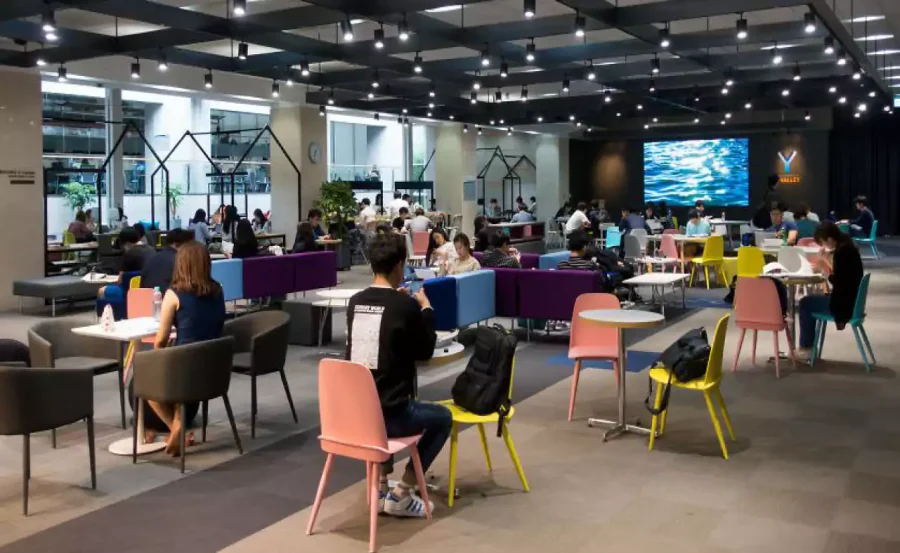The South Korean government has offered to pay about $500 to lonely young people who are secluded from the world to help them “re-enter society”, CNN reported.
Earlier this week, the Ministry of Gender Equal-ity and Family announced a new measure aiming to support isolated youth’s “psychological and emo-tional stability and healthy growth” by providing them up to 650,000 Korean won (about $500) per month.
According to the ministry’s report, 3.1% — which makes up about 338,000 — of Koreans aged 19 to 39 are “reclusive lonely young people”.
These people are defined as living in a “limited space, in a state of being disconnected from the outside for more than a certain period of time, and have noticeable difficulty in living a normal life”.
The report says that about 40% of people start isolating themselves at a young age citing various factors like financial issues, mental illness, family problems or health challenges.
“Reclusive youths can have slower physical growth due to irregular living and unbalanced nutri-tion, and are likely to face mental difficulties such as depression due to loss of social roles and delayed adaptation,” said the ministry, emphasising the im-portance of “active support.”
This policy is to target young people — who are cut off from society or those who don’t have a guardian or school protection — as part of the larger Youth Welfare Support Act.
This is something not new to South Korea as some cities and local governments have similar sys-tems.—Agencies










